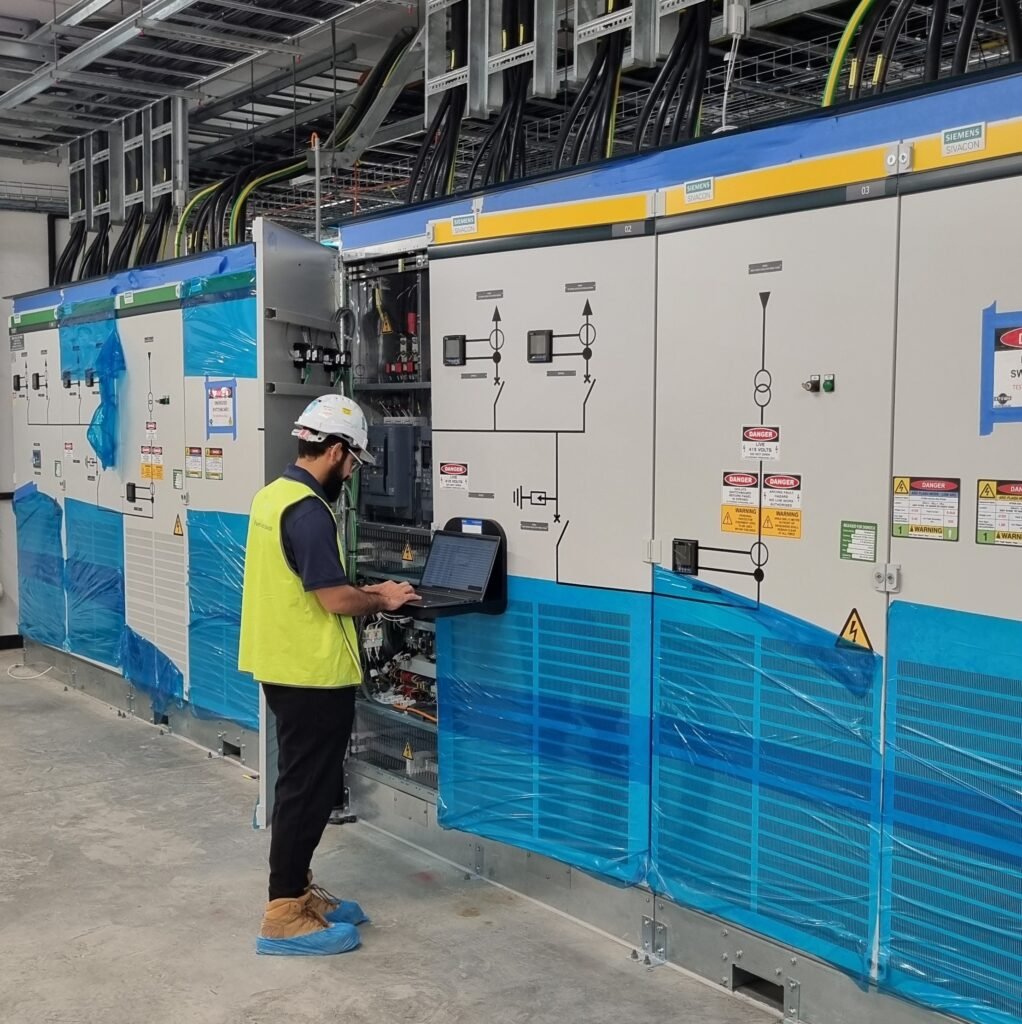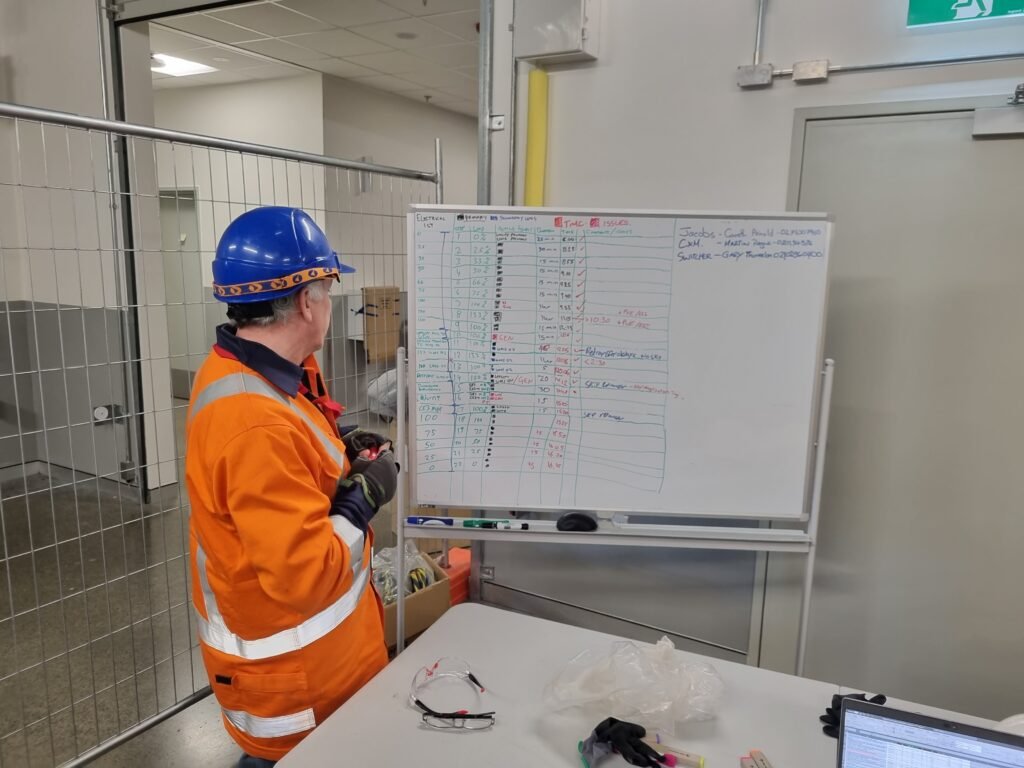Services
Our Services
As experienced MEP (Mechanical, Electrical, and Plumbing) Services and Commissioning Managers, we play a crucial role in construction and building projects. Our expertise and responsibilities include:


Our Specialisation
We specalise in the services delivery from Early or Enabling Works, through to Installation, Power On, Commissioning and testing and finally handing over to the Operations Team or Clients Team.
Existing Building Building Performance
Retro-commissioning (RCx) is a process applied to existing buildings to improve their overall performance and efficiency. Unlike initial commissioning, which occurs during construction, RCx is performed after a building has been in use. Key aspects include:
System Evaluation: Conducting thorough inspections and analyses to identify inefficiencies and operational issues.
Performance Improvement: Implementing recommendations to enhance the building’s systems, ensuring they operate optimally.
Energy Efficiency: Focusing on improving energy performance, which can lead to significant cost savings.
Lifecycle Management: Regular RCx can help maintain the building’s systems, preventing unexpected failures and extending their lifespan
